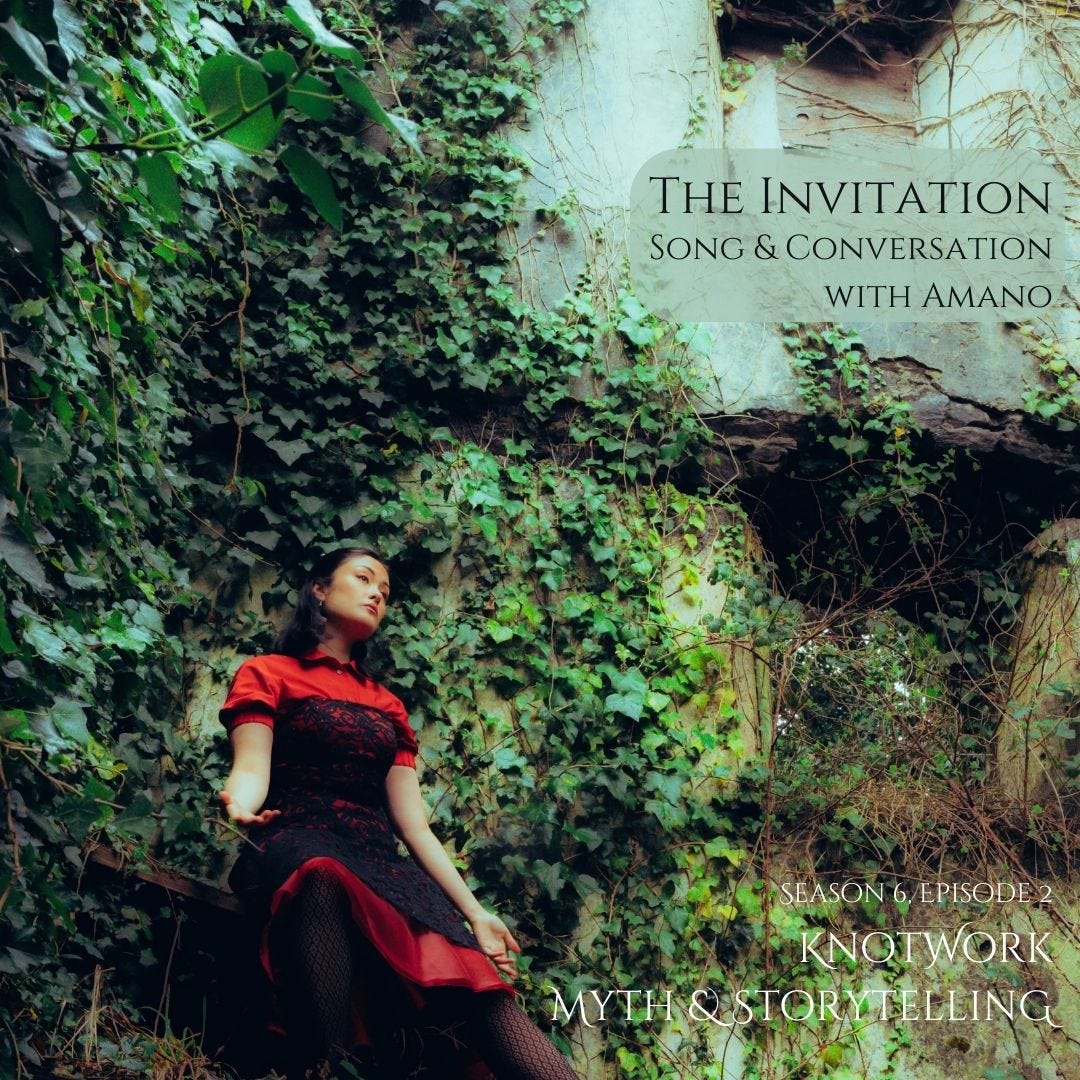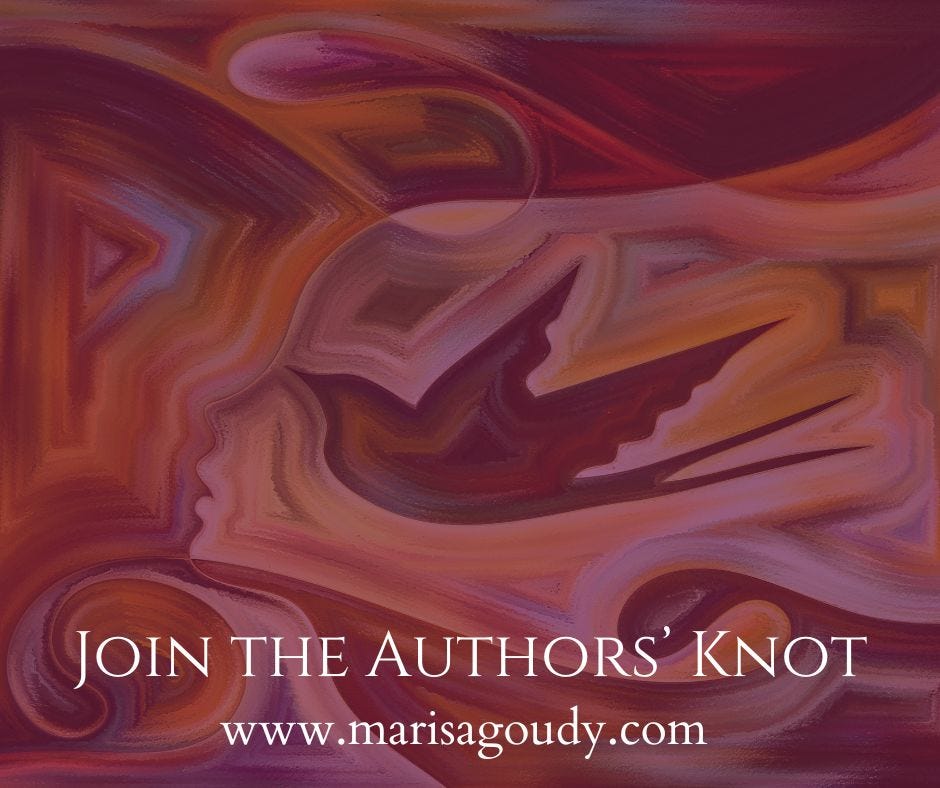These are tender times. And that’s true exactly because these are such brutal times.
These are midwinter thoughts, of course. A version of this “it’s all tender and terrible” tale spools from the mouths of northern creatures every time we find ourselves caught in the damp, frigid hinterland where January becomes February.
(We look to Brigid with the love and excitement that we do because we need her life-giving fire. We need to believe that snowdrops emerge from a goddess’s footsteps and that a saint could hang her cloak on a sunbeam. When everything seems to be made of anonymous wind and unfeeling stone, we need miracles and mystical heavens that actually give a damn.)
But this year, the heart feels more tender and the world seems more brutal, I think.
When I began to tease out the relationship between tenderness and brutality of this moment I think I was half-remembeing the words of Bayo Akomolafe - “The time is very urgent – we must slow down.”
More immediately, I was thinking of my conversation with Amano which aired on KnotWork Myth & Storytelling earlier this week.
Miura is a songwriter, vocalist, poet, and performing artist from Killarney, Co. Kerry. Our conversation doesn’t name the troubles of the day, at least not in any overt ways, but I think that any honest art we create right now is some sort of response or resistance to the ugliness that swirls just beyond the frame.And this is a delightfully honest conversation about what really matters.
Amano begins the episode with a song she received from the River Skane in County Meath. This tributary of the mighty Boyne, I think it can be said, invited Amano back into relationship with herself. She describes a difficult, beautiful meander through her twenties that took her deep into academia and then back again to song, performance, and the Irish language of her childhood.
There’s something about the way Amano describes the communal efforts involved in recording music and creating street spectacle that roots me into a sense of awe for the fragile and wildly durable nature of making art.
Myth is medicine, surely.
And so is the way people find to live myth - sometimes in overt ways that call on characters to play their part in ancient lore, and sometimes in the construction of a line or the choice of a garment.
I am so very grateful for Amano’s medicine in this tender and brutal time.
An invitation for you, dear writer/dreamer/myth worker/thought leader
Maybe you imagined that 2025 would be the year. The year you wrote the book or finally committed to another creative project.
Then, the weight of “the everything” of the last month has distracted you from that vision. Or, even worse, convinced you that it wasn’t the right thing to focus on right now.
As we say, myth is medicine.
Art is medicine.
Your voice and your words are medicine, too.
And the world needs your contribution now in these tender, brutal times.
I’ve created the Authors’ Knot to give people the space, the inspiration, the tools, and the accountability to make something remarkable this year.
The Author’s Knot is an intimate, 10-month program for thought leaders, memoirists, and heart-led visionaries who are ready to write the book or commit to another “big project” in the year to come.
With the support of a compassionate community and an experienced writing coach, you’ll not only prioritize your writing—you’ll deepen your craft, find your rhythm, and bring your vision to life.
Registration is open through February 10. We officially begin together on February 17.
Learn more and apply to join us.
Note: We've already filled the first cohort, and we only have two spots left in our second group which will meet on Mondays at 7 PM ET. If you're feeling the call to join us, please act soon.
Want to talk about whether this group is the best fit for you? Book a time to chat with me early next week and we’ll explore together.







I have to believe, Marisa, that most of the brutality is empty bluster, but the problem is, even the tiny fragment that isn't, is still too much. So how do we stay tender, when hardening our hearts can seem like the only way to survive? I think this is a really important question, because without that tenderness, we cannot emerge into a better world.